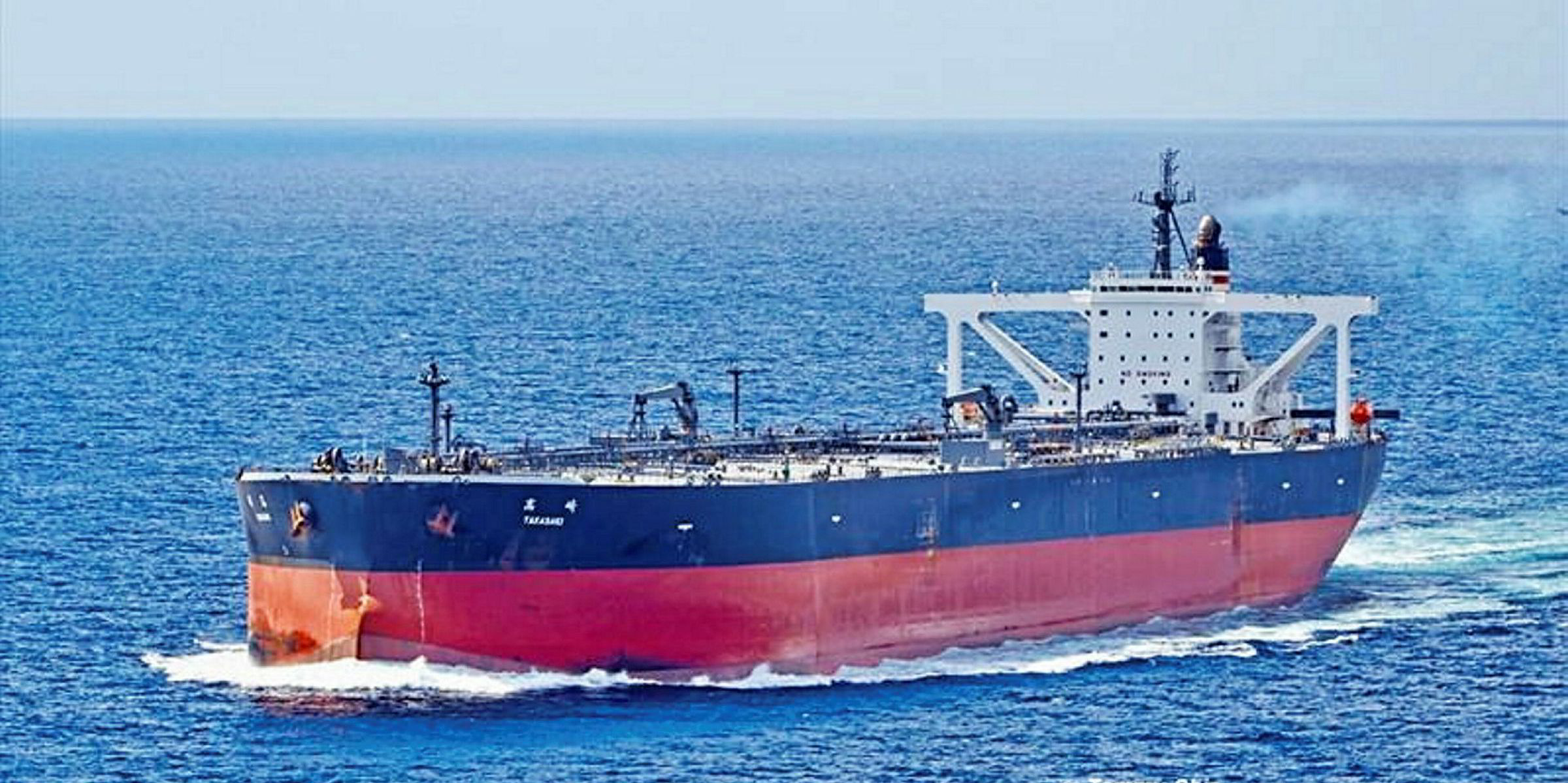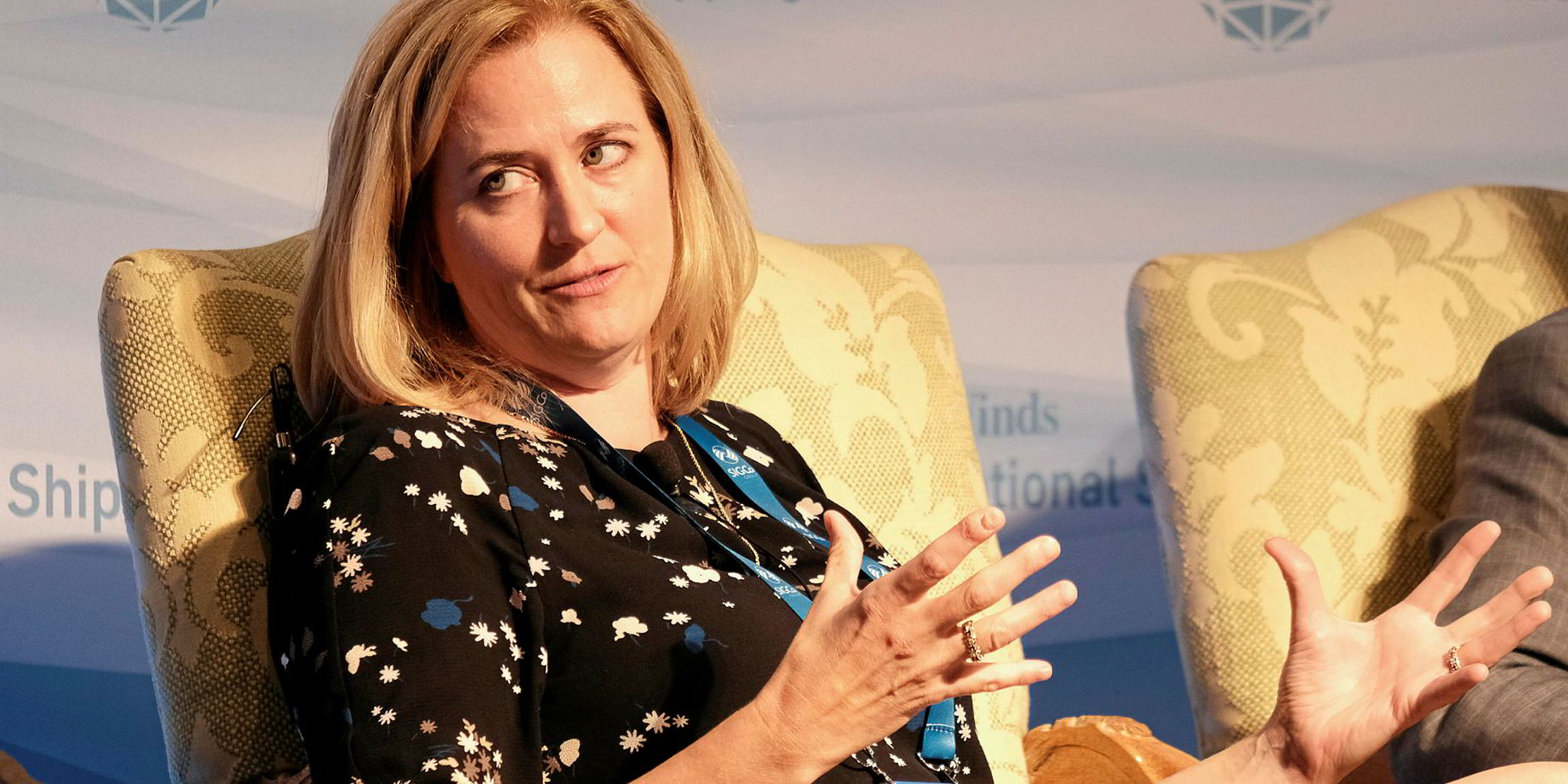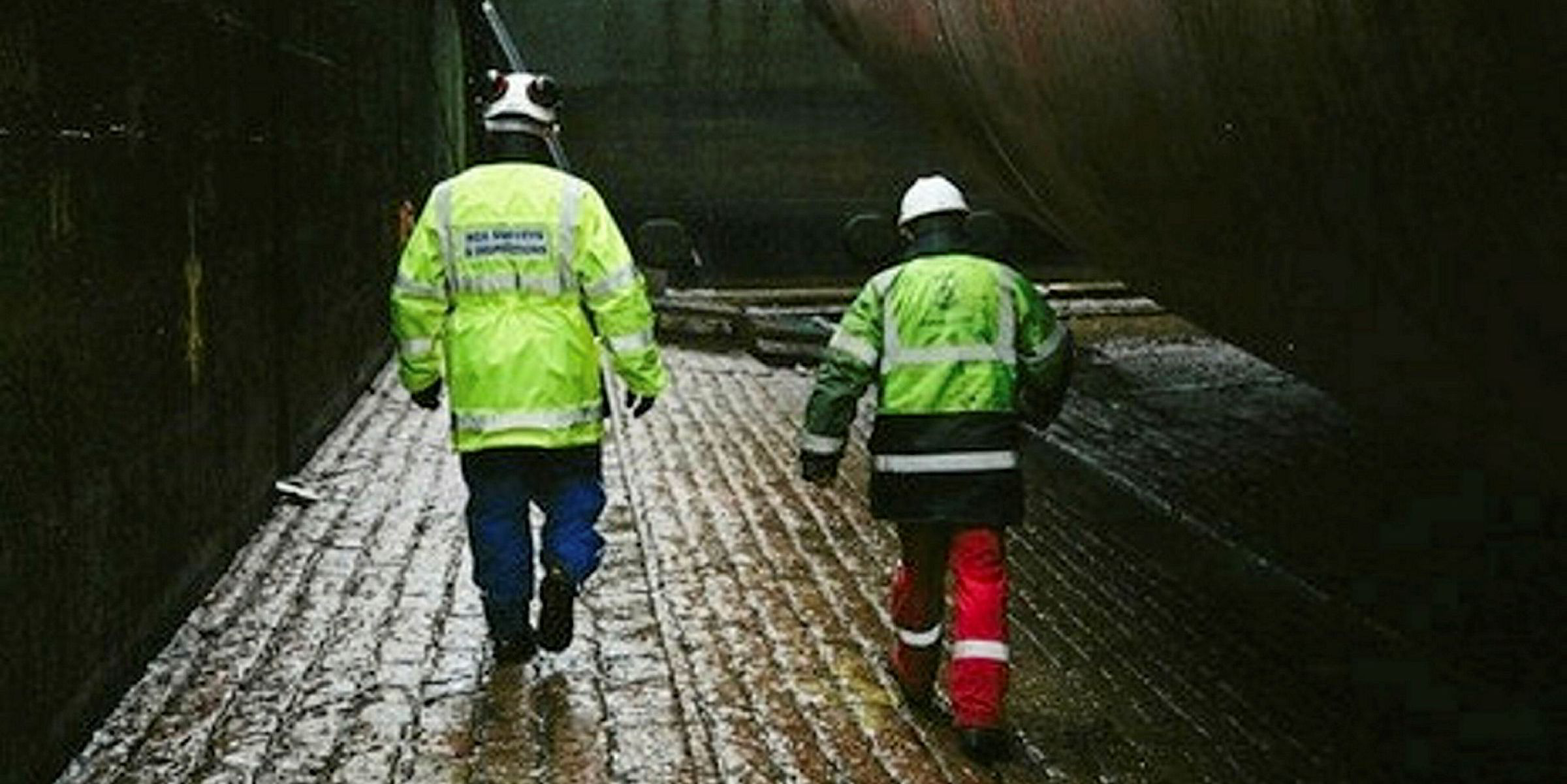VLCC rates have fallen to their lowest level since February as a slow summer and oversupply hold the market down.
The time charter equivalent for the massive crude oil tankers fell to just under $9,800 per day on Friday, according to the Baltic Exchange. It was the second-lowest level of the year, after $9,550 per day on 7 February.
The Baltic Exchange and shipbroker Howe Robinson said things were slow in the Middle East Gulf (MEG) this week, holding down rates.
"In the MEG it’s been a depressing week for owners — limited inquiry levels and too many ships available has consistently pushed down last done levels, with little confidence for a revival for the balance of the August stems," Howe Robinson said in its weekly report.
"West Africa by contrast has remained steady for early September, even pushing up a tick. The USG [US Gulf] markets have been more active, with owners able to push rates up as charterers fix as far ahead as end September."
The Baltic Exchange assessed a VLCC on a time charter for voyages from the Middle East Gulf to the US Gulf Coast as earning just $3,000 per day, to Singapore $18,700 per day and to China $16,600 per day.
West Africa to China, however, jumped to $23,300 per day and a ship on a voyage from the US Gulf to China was assessed at a lump-sum rate of $5.4m.
The current low rates are a marked departure from the rally tanker owners saw in the spring. Then, VLCC rates, supercharged by low demand and increasing supply driven by Russia and Saudi Arabia, rose above $250,000 per day in mid-March and stayed well above $100,000 per day until late April.
This week, there were signs the catalyst for that rally — cheap oil and ships fixed for floating storage — was unwinding ahead of time.
Asset values for older VLCCs, good candidates to be used as floating storage, seem to have declined. Belgian giant Euronav, meanwhile, said a weaker market lay ahead while reporting its second-quarter earnings.
Euronav said floating storage was unwinding more quickly than expected and oil majors were cutting back production.






